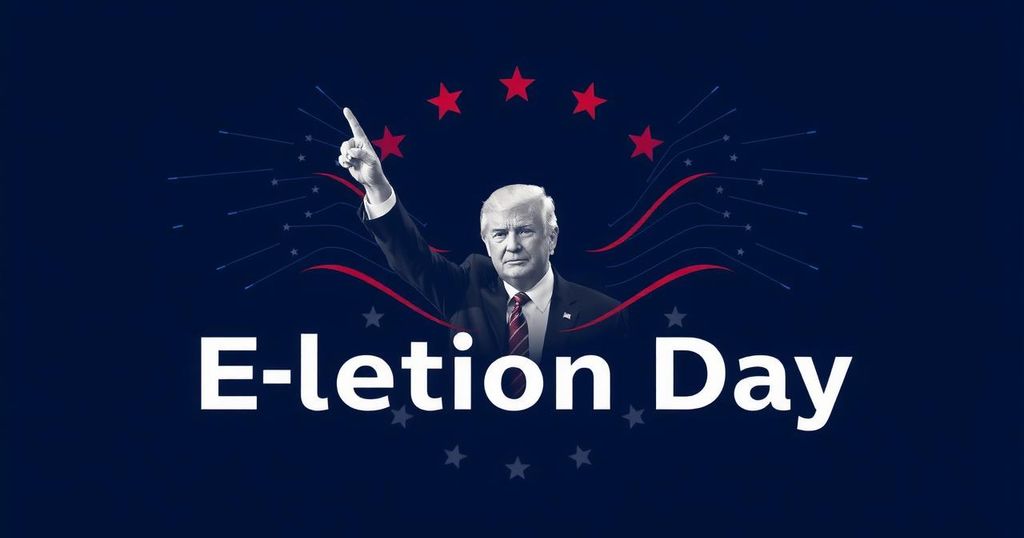The realities of the presidency encompass immediate and complex challenges, from national security threats posed by adversaries like Russia and China to ongoing domestic issues such as healthcare and climate change. Voters must choose a leader prepared to navigate these known and unforeseen challenges while embodying crucial values and character, particularly in a landscape rife with misinformation and divisive political rhetoric.
Election Day presents a crucial opportunity for voters to consider the realities that the next president will face. In stark contrast to the often abstract and diversionary nature of political campaigns, the presidency involves immediate and tangible challenges that a new leader must confront upon taking office. For instance, as President Barack Obama assumed his duties in 2009 amidst a terrorist threat, his preparedness highlighted the gravity of the role. The incoming commander-in-chief will inherit control over thousands of nuclear warheads and the responsibility of military operations spanning over 150 countries. They must navigate complex geopolitical tensions involving adversaries like Russia and China, which pose significant threats to international stability. The known challenges include Russia’s aggression towards NATO allies and China’s ambitions concerning Taiwan, both of which the United States has committed to protecting. Beyond these defined threats, future presidents must also be ready to respond to unforeseen crises, as exemplified by the emergence of terrorism in the years following the 2000 campaign. Former Governor Jeb Bush aptly stated, “The next president’s going to be confronted by an unforeseen challenge; that’s almost certain,” emphasizing the unpredictability of the office. The susceptibility to crises may encompass various scenarios, including pandemics, natural disasters, cyber-attacks, or severe economic downturns. Locally, discussions often center on pressing issues such as immigration, inflation, and reproductive rights. However, incoming administrations will also grapple with persistent systemic challenges, including escalating healthcare costs, educational access, impacts from artificial intelligence on employment, and urgent responses to climate change. Solving these issues requires vision, patience, and decisive action, which cannot simply be directed at a military level. Voters are selecting a president who embodies collective values, character, and temperament while leading a federal workforce exceeding one million civilians. This decision-making process should reflect a deep understanding of these responsibilities amidst the current landscape of misinformation and divisiveness, notably evident in the political climate fostered by figures such as Donald Trump. The initial evaluation of the next presidency will thus revolve around how candidates manage victory and the challenges that come with it, well before the inauguration.
The presidency is the apex of political responsibility in the United States, standing at the intersection of domestic and international challenges. Presidential candidates often utilize their campaigns to focus on issues that resonate with voters; however, the realities of the office are starkly different and often more complex. Voters must understand the breadth of responsibility that comes with the presidency, as well as the unforeseen events that may arise, shaping not just policies but also the public’s perception of leadership.
In summary, Electing a new president extends beyond choosing an individual; it involves selecting a leader equipped to navigate multifaceted and unforeseen issues that could impact national and global stability. As history has shown, crises can arise unexpectedly, and the temperament, values, and actions of the elected president will shape the trajectory of the nation. Recognizing these realities is essential for voters as they approach Election Day.
Original Source: www.cbsnews.com






